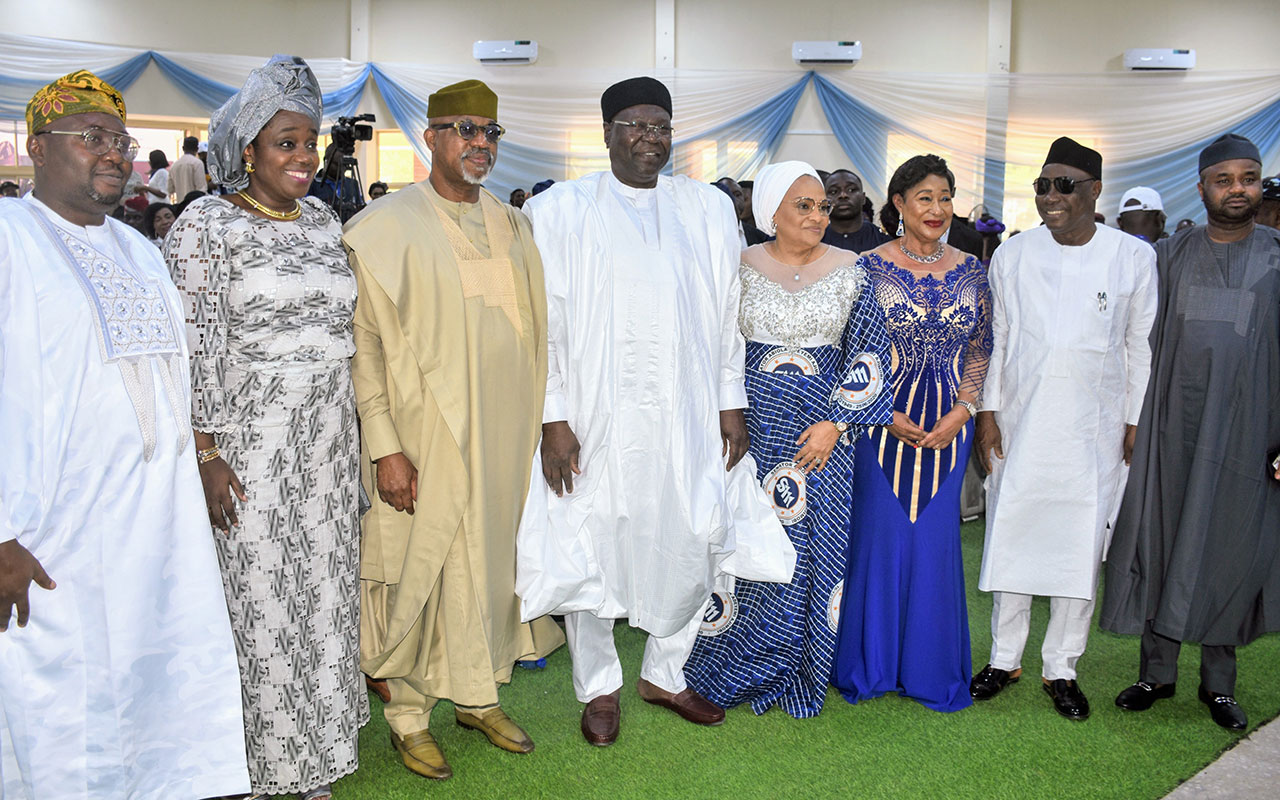
Ogun State Governor, Prince Dapo Abiodun, has said that Nigeria’s economy would be sustainable if attention is shifted from oil to the non-oil sectors.
He said the nation could achieve this by diversifying into mineral resources, agriculture, manufacturing, tourism and technology.
Speaking at the 6th Senator Abiola Ajimobi Roundtable and 74th Posthumous Birthday organised by the Senator Abiola Ajimobi Foundation in collaboration with the Institute for Peace and Strategic Studies, University of Ibadan yesterday, Abiodun noted that the world is gradually moving away from fossil fuel, hence the need for the country to begin to look for other sources of revenue.
He said: “As I have mentioned earlier, the world is slowly moving away from fossil fuels as more countries embark on energy transition; therefore the need to actively diversify the economy into non-oil sectors such as mineral resources, agriculture, manufacturing, tourism and technology.”
“Nigeria is blessed with an abundance of over 40 commercially viable mineral and natural resources that we as a people and government have not explored. While no official figures have been put forward, industry experts report that Nigeria’s solid mineral deposits are valued at over $1 trillion with some estimates as high as $5 trillion.
“Take, for example, my state, Ogun State, where we have over 15 natural mineral resources present in commercial quantities in all our local governments but only actively mine limestone, granite and laterite.
“In fact, we are the largest producer of solid mineral resources in Nigeria and account for just over 32.04 metric tons of mineral resources or 37.6 per cent of national output.
“Imagine if, as a country, we are able to tap into all other solid minerals like gold, lithium, tantalite (a crucial mineral for electronics manufacturing), tin, barite, etc. The possibilities are endless, especially if we engage in value-chain addition in the country.”
He said the theme of the roundtable, ‘Re-engineering Nigeria for Sustainable Development: Options, Costs and Prospects’, was apt, as factors like youth engagement, collaboration with international organisations and neighbouring countries, embracing technological advancement and fostering innovation could accelerate economic diversification and growth.
Abiodun lamented Nigeria’s over-reliance on oil exports, which he said exposes its mono-economy as unsustainable in the face of volatility of oil prices due to supply and demand, market forces, vandalisation and oil theft.
He emphasised that re-engineering Nigeria for sustainable development is an intricate and multifaceted endeavour, expressing optimism that the nation’s abundant resources and youthful population provide the needed solid foundation.
He, however, noted that addressing challenges such as infrastructure deficits and economic diversification were imperative.
The governor stated that the late Senator Ajimobi was as quintessential as he was kind, gifted and an exceptional communicator, who through hard work, attained early success in the oil and gas industry and emerged as a developmental political juggernaut worthy of emulation.
In his keynote address, the Minister for Power, Chief Adebayo Adelabu, attributed the nation’s problems to leadership and fellowship issues.
He said that though Nigeria is blessed with abundance of resources and has contributed quality men and women to lead many international organisations, the country is still far from development due to lack of quality leadership.
He lamented that many multinationals were pulling out of Nigeria because of the high cost of doing business in the country, noting that it was high time Nigeria began to focus on education, youth development, technical training, while the health and power sector should be revitalised and leadership and fellowship issues dealt with.
Moderator of the event, Tajudeen Akanji, in his opening remarks, said that despite the nation’s wealth, it does not show on the citizens as there is poverty in the land.
He stated that to re-engineer the country entails broad and general education for all, reasonable income for the people, functional middle class, functional administration, social services and respect for the rule of law.






